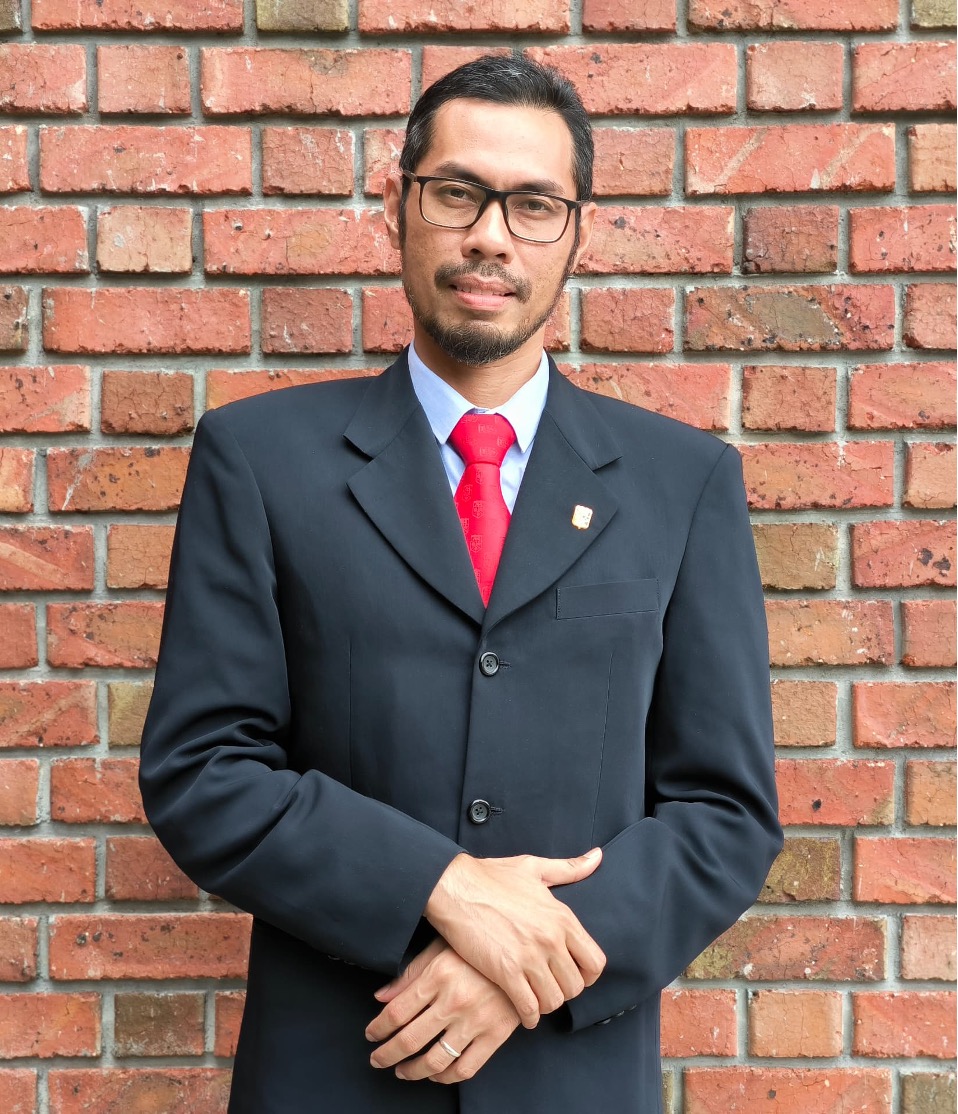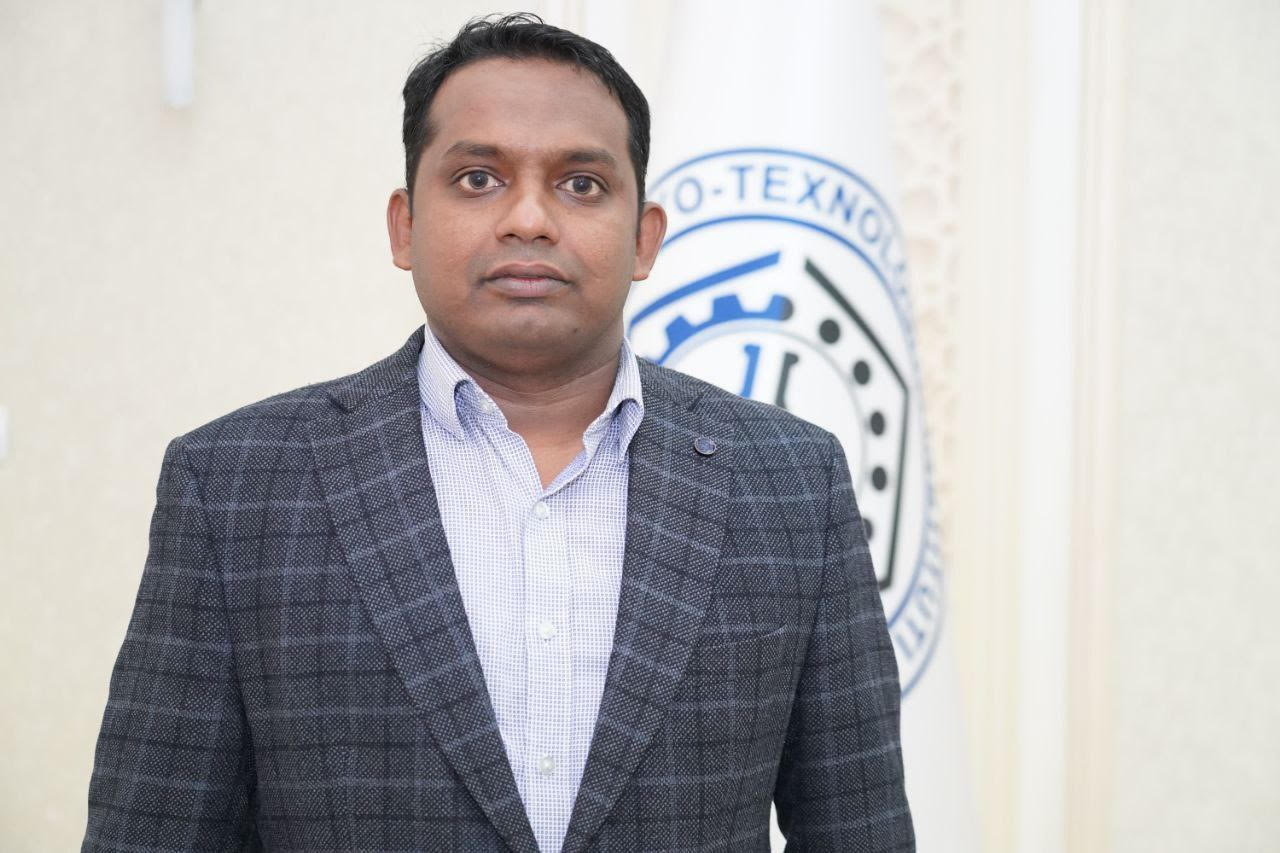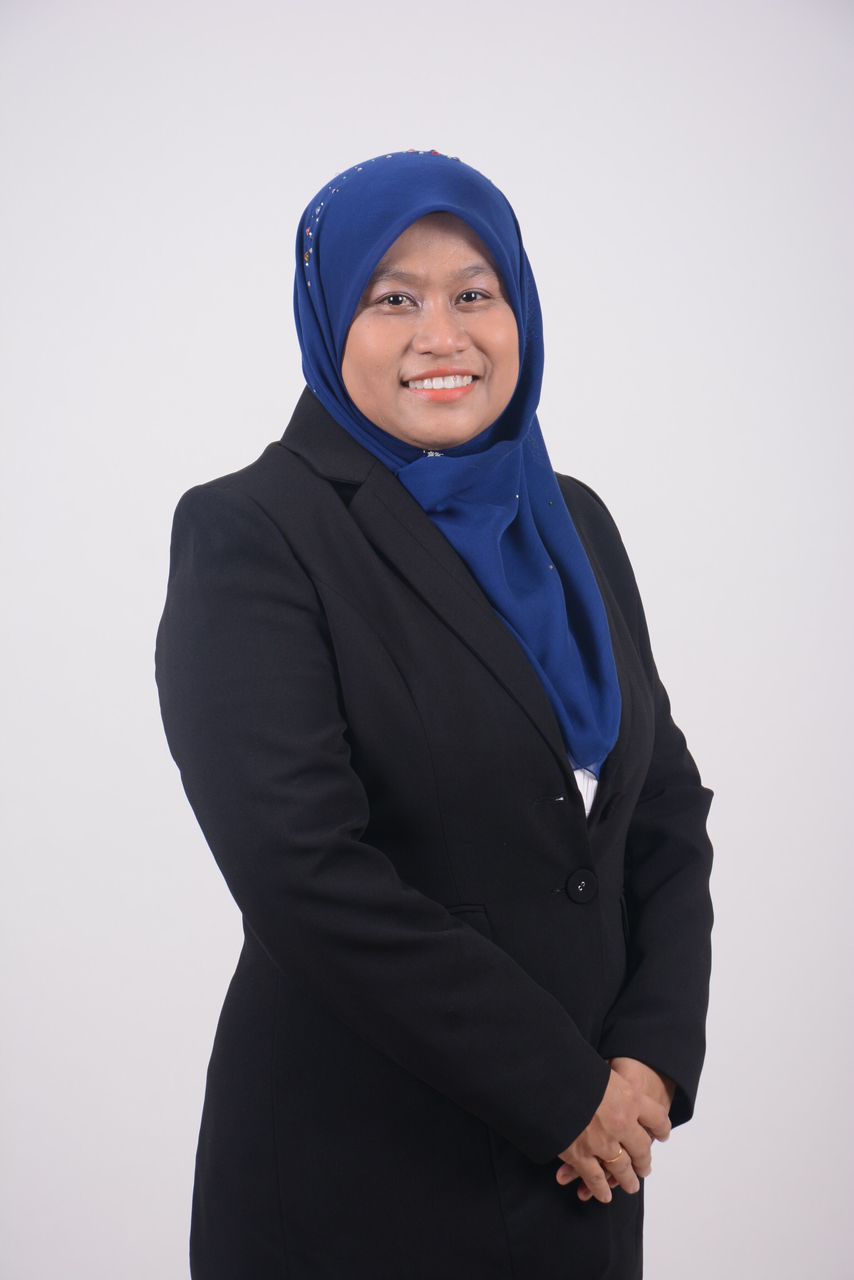Expand your knowledge
Invited Speakers
Abstract
Probabilistic Risk Assessment of Ammonia Gas Leakage in Ice Manufacturing Plants Using Bayesian Network: A Malaysian Case Study
Ammonia is a widely used refrigerant in the ice manufacturing industry due to its high efficiency. However, its toxic and corrosive nature poses serious risks when leaks occur. This study uses a Bayesian Network (BN) architecture along with Failure Mode and Effects Analysis (FMEA) to figure out how likely it is that ammonia gas will escape in 35 ice-making plants in Malaysia. We got the data we needed to develop a probabilistic model that finds significant failure modes and their fundamental causes by looking at accident records, talking to experts, and walking through the facility. Conditional probabilities were assigned based on empirical observations and expert judgement. The data show that there is a 5% chance of ammonia leaking per year, and the compressor and evaporator units are the most likely to leak. Using Risk Priority Numbers (RPNs), we classified seal leakage, pipe corrosion, and over-pressurization as high-risk failure modes. The study suggests specific actions including non-destructive testing, better maintenance, and more training for operators. This study adds a flexible, data-driven risk assessment framework to both academics and business. It also gives useful information on how to make ammonia safety management better in Malaysia's food refrigeration sector.
Abstract
Comparative Assessment of Passive and Personal Sampling for Airborne Microplastics in a Plastic Manufacturing Facility
The presence of microplastics (MPs) in indoor air has emerged as a pressing occupational health concern, particularly in plastic manufacturing environments where airborne exposure is elevated due to direct handling and processing of polymeric materials. This study presents a cross-sectional assessment of inhalable MPs within a plastic manufacturing facility in the Klang Valley, Malaysia, using both passive and personal (human) air sampling techniques. Samples were analyzed for particle size, shape, and colour, and statistically evaluated using Chi-square tests to determine associations between these characteristics and sampling methods. Results revealed a clear dominance of fibrous, small-sized (irical data to support policy development and workplace safety interventions in plastic manufacturing sectors, particularly in developing regions.
Abstract
Obtaining cellulose from cotton stalks, microcrystalline cellulose, and cellulose aerogel, and study of their properties
In the process of extracting cellulose from rice stems using the sodium method, the effect of the alkali solution concentration was studied and microcrystalline cellulose was synthesized from the obtained cellulose. Structural and morphological characteristics of rice cellulose fibers were studied. The average length and width of cellulose fibers, their fractional composition and shape factor were determined on an automatic Fiber Tester analyzer. The structure of the obtained cellulose and MCS was determined by X-ray diffraction, IR spectroscopy, adsorption isotherm on a McBen-Bakr device, saturated adsorption of polar and non-polar molecules. The influence of the synthesis time of cellulose from rice stems and MCS from the obtained cellulose on the physicochemical properties was studied.
Abstract
The Semenyih River is a significant water source for the human consumption and ecological resilience. Despite the deteriorating river's quality due to industrial effluents and untreated wastewater discharge, scientific assessment of the river quality is lacking. The present study aims to evaluate the physical water parameters and Water Quality Index (WQI) of the Semenyih River. Samplings have been conducted in October 2024, covering six sampling points located along Semenyih watercourses. Results revealed that the dissolved oxygen (DO) levels ranged from 39.3% (Sungai Buah) to 95.4% (Raw water intake Sungai Semenyih), indicating variability in oxygen availability potentially linked to organic and nutrient loads. Chemical Oxygen Demand (COD) values varied significantly, peaking at 68 mg/L in Sg. Lalang, signaling high levels of organic pollutants. Biochemical Oxygen Demand (BOD) and NH₄⁺-N levels further reflected biochemical degradation processes and nutrient enrichment, respectively. The WQI of the river ranged from Class II to Class III, indicating moderate to good water quality. These findings highlighted the necessity for continuous environmental monitoring, focusing on water quality to protect public health and ensure the sustainability of the Semenyih River as a potable water source.
.png)



